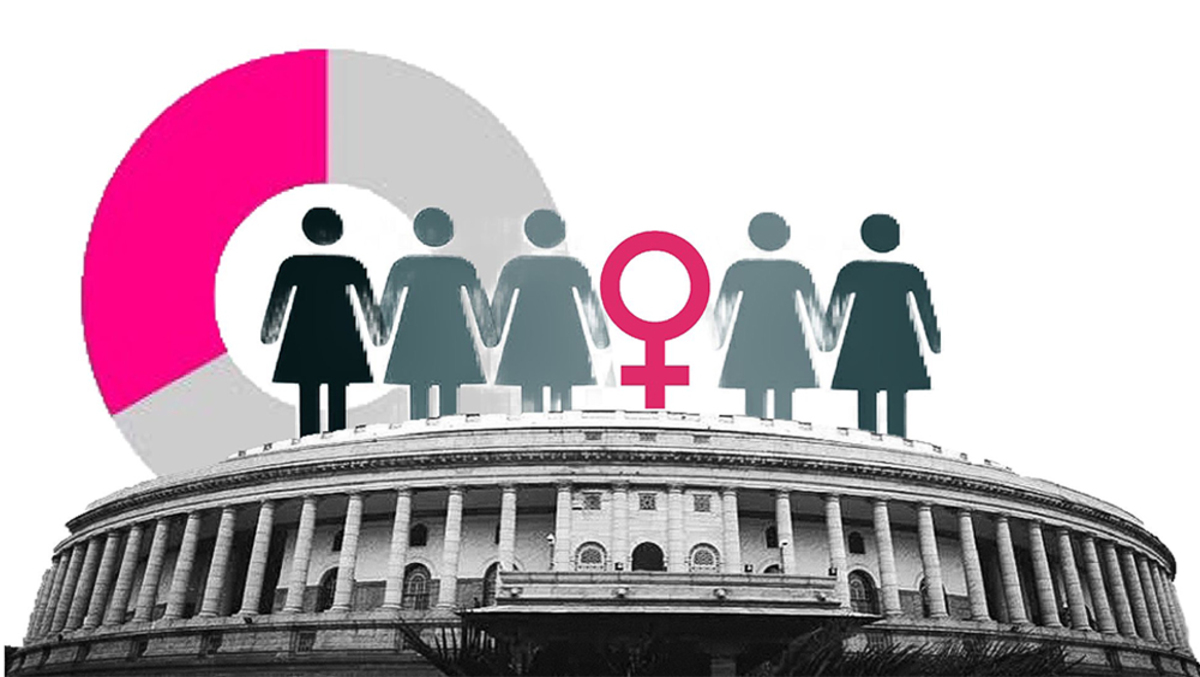Context:
Dr. B.N. Gangadhar appointed as Chairperson of the National Medical Commission.
Background:
The Appointment Committee of the Cabinet (ACC) has appointed various individuals to posts of the NMC and the autonomous boards. The appointments are for a period of four years until the appointee attains the age of 70 years or until further orders, whichever is earliest, the health ministry said.
About National Medical Commission:
- The National Medical Commission Act of 2019 establishes the National Medical Commission (NMC), which is responsible for the creation and regulation of all elements of medical education, practice, and institutions.
- There are four boards in the National Medical Commission
- Under-Graduate Medical Education Board (UGMEB)- sets norms for undergraduate courses
- Post-Graduate Medical Education Board (PGMEB)- sets norms for post-graduate courses
- Medical Assessment and Rating Board– inspects and rates the medical education institutes
- Ethics and Medical Registration Board– regulates professional conduct of the doctors and registers them
FUNCTIONS OF NATIONAL MEDICAL COMMISSION:
- lay down policies for maintaining a high quality and high standards in medical education and make necessary regulations in this behalf;
- lay down policies for regulating medical institutions, medical researches and medical professionals and make necessary regulations in this behalf;
- assess the requirements in healthcare, including human resources for health and healthcare infrastructure and develop a road map for meeting such requirements;
- promote, co-ordinate and frame guidelines and lay down policies by making necessary regulations for the proper functioning of the Commission, the Autonomous Boards and the State Medical Councils;
- ensure co-ordination among the Autonomous Boards;
- take such measures, as may be necessary, to ensure compliance by the State Medical Councils of the guidelines framed and regulations made under this Act for their effective functioning under this Act;
- exercise appellate jurisdiction with respect to the decisions of the Autonomous Boards;
- lay down policies and codes to ensure observance of professional ethics in medical profession and to promote ethical conduct during the provision of care by medical practitioners;
- frame guidelines for determination of fees and all other charges in respect of fifty per cent. of seats in private medical institutions and deemed to be universities which are governed under the provisions of this Act;
- exercise such other powers and perform such other functions as may be prescribed.




Comments (0)